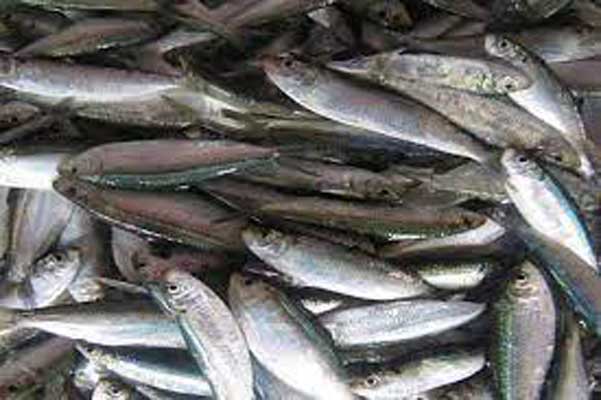Sardine management plan rolled out as supply dwindles

Fisheries Management Areas (FMAs) will implement the National Sardines Management Plan (NSMP) to address declining stocks, the Agriculture department said in a statement.
“We can no longer ignore the critical need to manage our sardine fisheries. This means that all 12 Fisheries Management Areas must abide by the NSMP,” Secretary William D. Dar said at a virtual FMA summit.
“The circumstances that have led to a rapid decline in our fish populations over the past few years have not been resolved. We need a science-based plan to address this critical issue and we need it now,” he added.
The plan is designed to boost the sustainability of sardine stocks and distribute the benefits of conservation to sardine fishing communities.
Annual sardine production exceeds 300,000 metric tons (MT), with the fishery under pressure due to overexploitation and environmental changes.
In 2020, output of Sardinella fimbriata, the key Philippine commercial species, declined 33.2% to 51.94 thousand MT. The gross value of output was P1.86 billion, down 23.7% from a year earlier, the Philippine Statistics Authority (PSA) reported.
The NSMP provides guidelines to supplement the amended Fisheries Code. It calls for stakeholder training and conversultation.
“The National Sardine Management Plan is important to fisherfolk. Many of us depend on sardines for our livelihood so we are hopeful that it will soon be implemented all throughout our fisheries,” Zamboanga Sibugay fisherfolk leader Roberto A. Ballon was quoted as saying by the DA.
The overfishing of sardines has been an issue for years, according to Wilfredo L. Campos, University of the Philippines Visayas Professor, was quoted as saying. He said that in one study he conducted, more than 75% of the catch in Bulan, Sorsogon was below the size at first maturity.
“There is no time to waste in implementing the National Sardines Management Plan. We need to act now because science has long been telling us that our sardine stocks are already overfished. We must prevent their further deterioration,” Mr. Campos said.
Sardine populations are unable to recover because they are caught before they can reproduce, prompting the need to regulate fishing practices, such as reducing the length of nets or the frequency of fishing in certain areas.
On Dec. 10, FMA 7, which includes Regions IV-A, V, and VIII, approved the adoption of rules governing the harvest of the Bali (Sardinella lemuru) and Goldstripe (Sardinella gibbosa) varieties.
The NSMP will also have a vessel monitoring and coral reef preservation component. – Luisa Maria Jacinta C. Jocson




